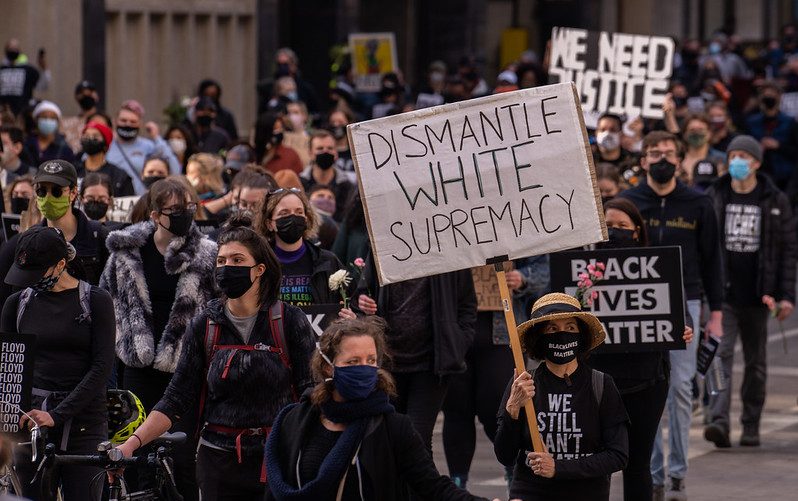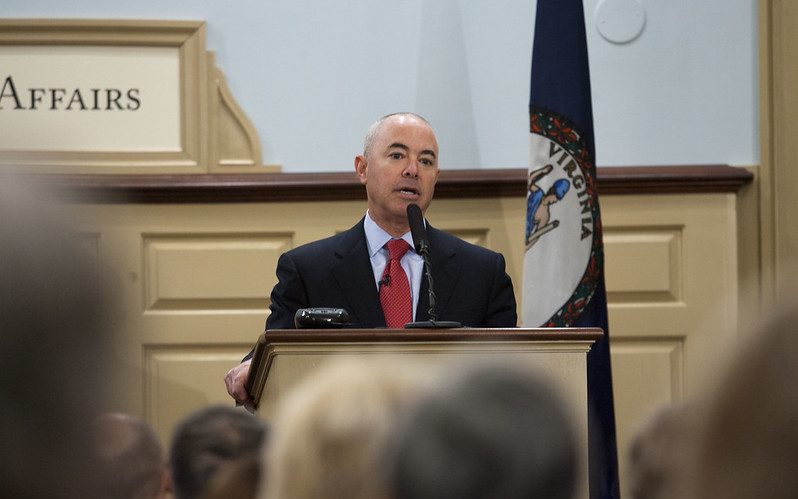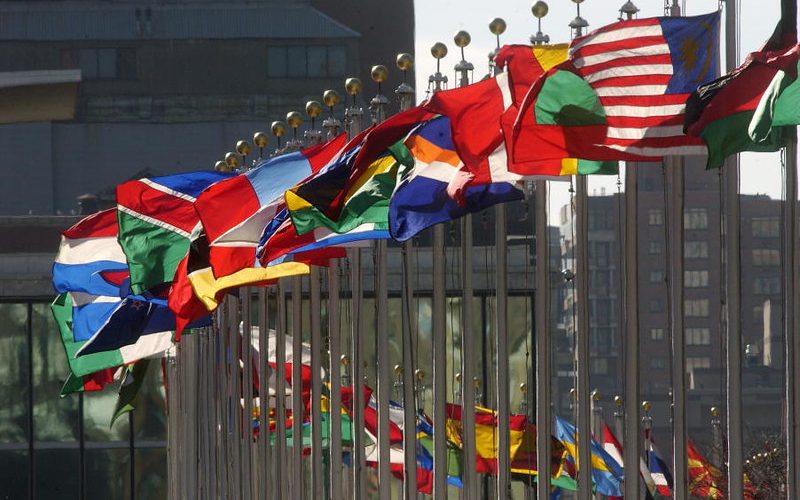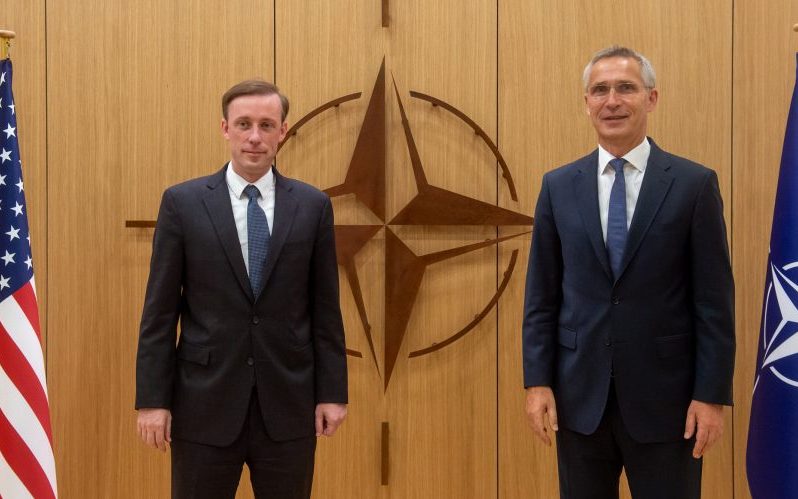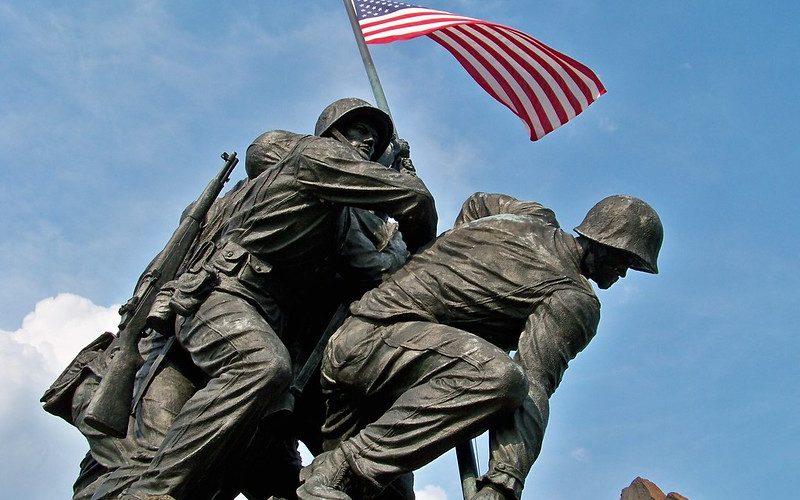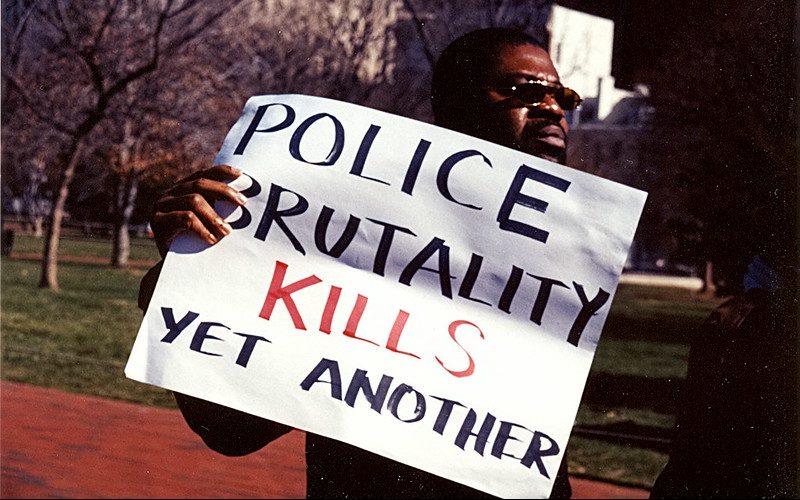
41 Shots: Bruce Springsteen’s American Skin (41 Shots) and Police Violence
Bruce Springsteen is one of the greatest songwriters and performers in American musical history. His lyrics are full of simultaneous hope and despair, reflecting the changing and evolving social fabric of the United States resulting in a sound that resonates with hundreds of millions of Americans coming from all faiths, socioeconomic, racial, age, and ethnic backgrounds. While many Americans have misunderstood Springsteen’s politics through his 1984 single “Born in the U.S.A.”, mistaking him for being a symbol of Reagan-era politics and staunchly Conservatively patriotic, his politics are far more Progressive and Liberally focused. His lesser-known work, the 1997 single titled “41 Shots (American Skin)”, is an example of this.


